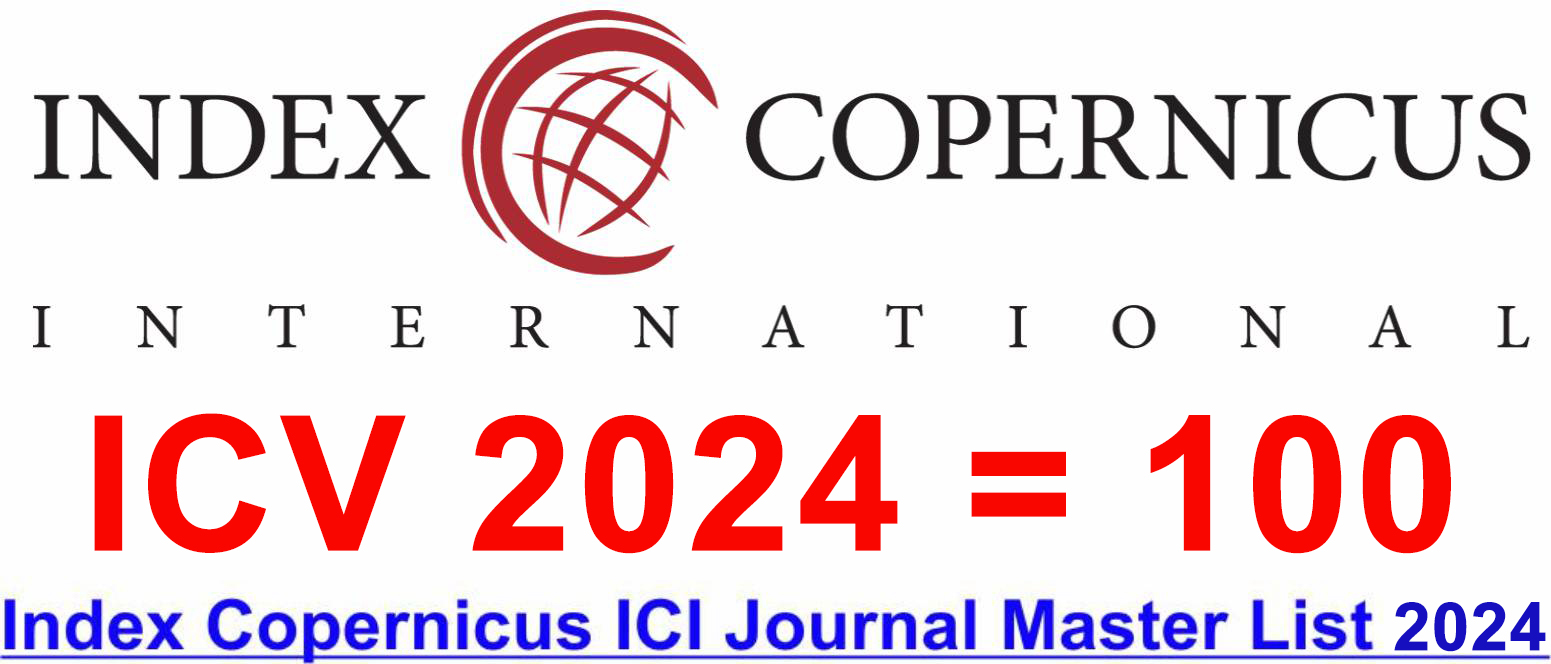Distributional Impacts of Recessions: The COVID-19 Epidemic Recession and the Global Financial Crisis
DOI:
https://doi.org/10.46977/apjmt.2023.v03i04.005Keywords:
Labor Market Dynamics, Current Population Survey, COVID-19 Pandemic, Gross Worker Flows, Distributional ImpactAbstract
This study helps us understand the similarities and differences between the distributional impacts of the COVID-19 pandemic and the Global Financial Crisis by breaking them down into four categories: (i) worker characteristics; (ii) job characteristics; and (iii) flexible/work-from-home jobs and essential jobs, which were exempt from government-mandated shutdowns during this recession. In the past, recessions have hurt younger and less educated workers more, but the Pandemic Recession hit women and people of Hispanic heritage especially hard. Jobs that require a certain amount of adaptability, social interaction, and a need seem to be less affected by changes in the economy. The non-cyclical character of this employment has historically been caused by the rising share of skilled people in highly adaptable occupations. When the Pandemic Crisis hit, however, it was the flexible and crucial occupations that were hit most, rather than the social service sector. Both recessions have had a significant distributional effect, since low-income people have been hit more than high-income ones. Finally, in contrast to the Great Crisis of 2008–2009, many people who lost their jobs during the COVID-19 recession were only out of work temporarily.
Downloads
References
Almeida, V., Barrios, S., Christl, M., De Poli, S., Tumino, A., & van der Wielen, W. (2021). The impact of COVID-19 on households income in the EU. The Journal of Economic Inequality, 19(3), 413-431. https://doi.org/10.1007/s10888-021-09485-8
Atolia, M., Papageorgiou, C., & Turnovsky, S. J. (2021). Re-opening after the lockdown: Long-run aggregate and distributional consequences of COVID-19. Journal of Mathematical Economics, 93, 102481. https://doi.org/10.1016/j.jmateco.2021.102481
Bai, Y. (2022). Distributional Impact of COVID-19 Pandemic on Household Employment and Education (No. THESIS). University of Chicago. https://doi.org/10.6082/uchicago.4093
Bhowmik, D. (2021). COVID-19: recession, poverty and inequality and redistribution. International Journal on Recent Trends in Business and Tourism (IJRTBT), 5(1), 11-21. https://doi.org/10.31674/ijrtbt.2021.v05i01.003
Bonifacio, V., Brandao-Marques, L., Budina, N., Csonto, B., Fratto, C., Engler, P., ... & Poirson, H. (2022, October). Distributional effects of monetary policy. In Economic Challenges for Europe After the Pandemic: Proceedings of the XXXII Villa Mondragone International Economic Seminar, Rome, Italy, 2021 (pp. 187-232). Cham: Springer International Publishing. https://doi.org/10.1007/978-3-031-10302-5_9
Brada, J. C., Gajewski, P., & Kutan, A. M. (2021). Economic resiliency and recovery, lessons from the financial crisis for the COVID-19 pandemic: A regional perspective from Central and Eastern Europe. International Review of Financial Analysis, 74, 101658. https://doi.org/10.1016/j.irfa.2021.101658
Kerstin, B., Peichl, A., Popp, M., Jürgen, W., & Timo, W. (2021). Distributional effects of macroeconomic shocks in real-time. Journal of Economic Inequality, 19(3), 459-487. https://doi.org/10.1007/s10888-021-09489-4
Notteboom, T., Pallis, T., & Rodrigue, J. P. (2021). Disruptions and resilience in global container shipping and ports: the COVID-19 pandemic versus the 2008–2009 financial crisis. Maritime Economics & Logistics, 23, 179-210. https://doi.org/10.1057/s41278-020-00180-5
Razzu, G. (2020). COVID-19 Pandemic and Gender Inequality in the Labour Market in the UK. https://doi.org/10.30687/978-88-6969-442-4/021
Shibata, M. I. (2020). The Distributional Impact of Recessions: The Global Financial Crisis and the Pandemic Recession. International Monetary Fund, 115, 105971. https://doi.org/10.1016/j.jeconbus.2020.105971
Published
How to Cite
Issue
Section
Copyright (c) 2023 Asia-Pacific Journal of Management and Technology (AJMT)

This work is licensed under a Creative Commons Attribution-NonCommercial 4.0 International License.



















